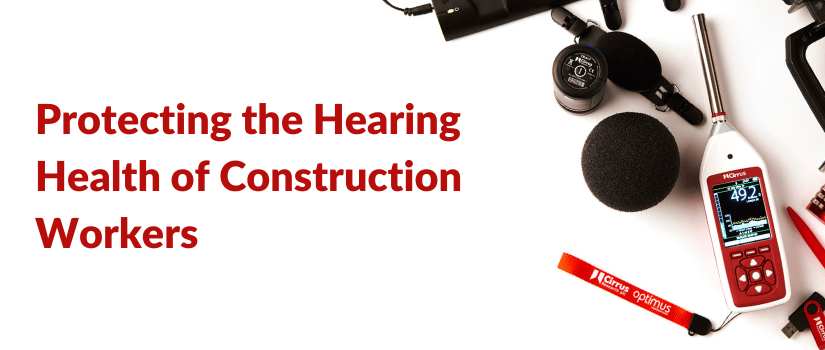May 23rd – May 28th 2016 is Noise Action Week. As we’re dedicated to noise measurement, it’s certainly something we’re keen to promote. So, here’s an overview of what Noise Action Week is all about, how you can get involved and ways of dealing with neighbourhood noise nuisance.
What is Noise Action Week?
Noise Action Week is co-ordinated by Environmental Protection UK, a national charity that provides expert advice on how noise effects local communities throughout the UK and Europe. The Chartered Insititue of Environmental Health and Environmental Protection Scotland also support Noise Action Week.
Noise affects us all during our daily lives, whether it’s at home or at work. The aim of Noise Action Week is for local councils, housing associations, community support teams and anyone else to promote noise awareness issues to improve our quality of life. You can also get involved.
Noise at Home The Statistics
According to research by Quiet Mark, noise nuisance or noise pollution affects 76% of the UK population alone. This was based on research from 2000 households.
As summer approaches, most households like to open windows and doors to let sunlight and fresh air into their homes. However, 53% of the survey group confirmed that outside noise actually affects the extent as to which they opened their doors and windows. They also said it affected the amount of time they spend relaxing outside their home in the garden, balcony or similar.
The research found that this wasn’t just isolated to nuisance noise outside the home. 62% of those surveyed felt noise from their own household appliances affected their home lives in some extent.
When it comes to noisy neighbours, 33% said they had been woken up or kept awake by noisy neighbours.
Noise Nuisance from Noisy Neighbours
 When it comes to noise, noisy neighbours certainly gets the lion’s share of coverage in the news. Our own research earlier this year also revealed the extend of noise nuisance complaints made in Yorkshire. A total of 40,662 complaints were made to Local Authorities.
When it comes to noise, noisy neighbours certainly gets the lion’s share of coverage in the news. Our own research earlier this year also revealed the extend of noise nuisance complaints made in Yorkshire. A total of 40,662 complaints were made to Local Authorities.
Whether it is general noise, barking dogs, loud music or even karaoke, most of these disputes between neighbours are resolved with support from local councils and housing groups.
How do they do it? One method is to introduce a noise nuisance recorder. This portable noise monitoring device is discreetly installed in the complainant’s home and continually keeps a log of the noise levels.
Using a Noise Nuisance Recorder
 The complainant is asked to keep a diary of all the alleged instances of noise nuisance by the perpetrator. They are also provided with a remote control for the noise nuisance recorder. When the noise nuisance occurs and the button is pressed, the noise nuisance recorder will start to record audio of the alleged noise, as well as the noise level. Once the noise stops, they press the button again to stop recording.
The complainant is asked to keep a diary of all the alleged instances of noise nuisance by the perpetrator. They are also provided with a remote control for the noise nuisance recorder. When the noise nuisance occurs and the button is pressed, the noise nuisance recorder will start to record audio of the alleged noise, as well as the noise level. Once the noise stops, they press the button again to stop recording.
This data is then collected by the Officer and downloaded into noise analysis software. From here, the audio and noise levels can be assessed to determine if there is a noise nuisance problem. Some of the most likely outcomes include:
- There are no noise nuisance issues
- There is a noise problem that needs to be dealt with
- There is a noise problem but it actually being caused by the complainant
- There is noise present but it is not considered unreasonable
Keep Noise Nuisance Cases Closed
The problem with neighbour noise is that it is subjective in nature. What bothers one person may not affect another.
That’s why a noise nuisance recorder is invaluable in these situations. It can accurately record and measure the alleged noise. This evidence can then be used to either solve the dispute between neighbours through mediation or re-home individuals if all else fails. If you are suffering from noise nuisance or neighbour noise, we always recommend you contact your local council first.
Cirrus has developed a noise nuisance recorder, the Trojan2. It is already used by councils, Housing Associations and Environmental Health Officers throughout the UK to measure, record and analyse alleged noise nuisance. Contact us to find out more or check out these case studies.
- Hull Council’s new 24 hour Noise Nuisance Officer, the Trojan
- The Trojan – Keeping the peace in Wakefield
- Newham Council turns the volume down on noise nuisance





